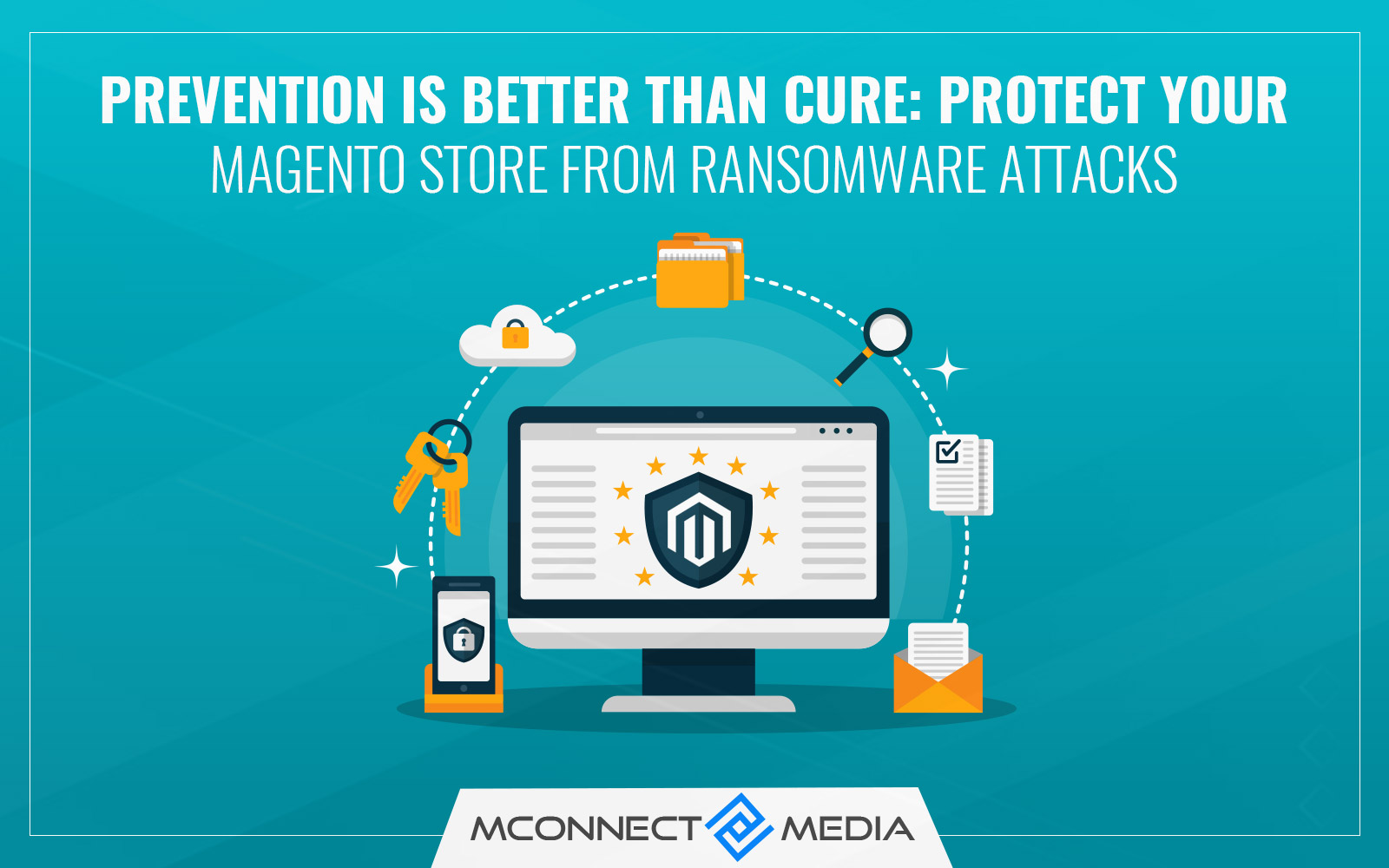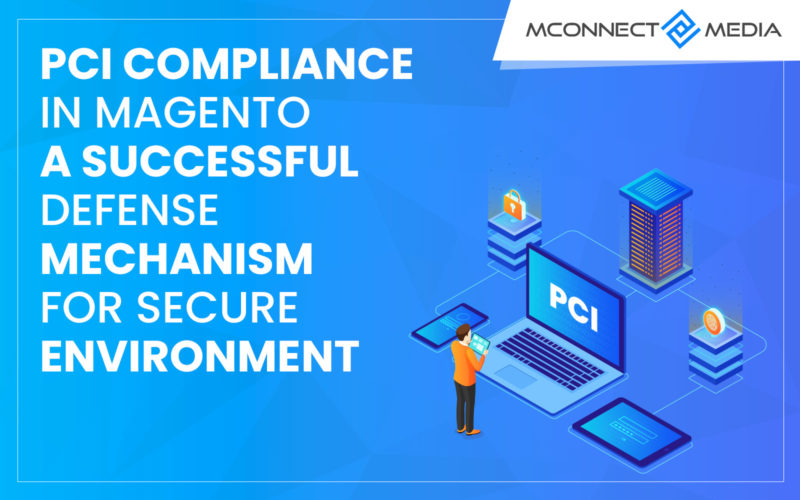
Are you concerned about the recent surge in payment fraud performed when purchasing online? Have you ever considered taking precautions to protect yourself from such scams? There are many victims of these scams, but only a few are taking precautions to protect themselves.
A recent survey has revealed many truths about merchants and their actions against frauds. According to this survey, 30% domestic and a figure of 57% international merchants are yet to take any steps against frauds. They are victims of deception who have taken no action to combat this evil. Furthermore, 10% of online merchants have discovered manual methods to review payments and prevent fraud. As a result, just a few people are genuinely exploring precautions to avoid fraud.
Looking at the online scams that are constantly being revealed, there is one main issue for most marketers. The chargeback would be this. It is getting increasingly difficult to manage this aspect of internet purchasing and selling. According to statistics, over 50% of chargebacks go ignored, while many businesses reimburse clients, making it difficult to determine the root problem. Many merchants are not even in accordance with the policies, terms and conditions, and major certificates, causing issues for their online counterparts.
If the research study is anything to go by then, around 60% of the merchants are currently not using any kind of payer authentication services making it difficult for them in many ways. Of course, a lot of international merchants do follow authentication services out of protocol or need but, even there around 40% are still not using any kind of authentication. This could be problematic for both the customers and the merchants.
Pre-fraud screening is an essential part of online buying to design secured eCommerce website. Before moving to the payment portal, this should be completed. However, most merchants do not appear to be taking it seriously. Even in this case, research investigations have revealed that around 32% of merchants lack a pre-fraud screening procedure. If pre-fraud screening had been introduced, the processing cost may have been decreased, and many merchants could have avoided paying chargebacks.
Currently, most merchants have implemented a fraud screening plan. But, unfortunately, it is a manual review process with no automation. This simply implies that merchants must keep an eye on payments as they are handled, as well as analyze frauds from anywhere. This manual screening is not always practicable, and it sometimes speeds up fraud occurrences.
Chargebacks are a serious concern when payments are made using Visa or MasterCard. Inside these cards should be a fraud management system, so that the merchant does not have to deal with issues caused by fraudulent practises. Some merchants only pay heed to 5% chargeback requests, while others only pay attention to 100% chargeback requests.
In many circumstances, retailers who accept card payments do not obtain any type of signature from the consumer. This might lead to subsequent scams. Even now, many individuals cheat and purchase because of the lack of signatures. There should be some kind of flawless verification that prevents fraud.
Many merchants have terms and conditions, but none of them appear to affect chargebacks. According to study, just 63% of retailers collect T&C as part of their purchase terms. There are no purchasing conditions for the remaining items.
It’s difficult to believe that most retailers have turned a blind eye to CNP fraud. It is quite genuine, and merchants, both local and foreign, should make every effort to eliminate these scams.
Please contact M-Connect Media’s Magento experts to get latest security updates of eCommerce website platform.
Please download: SecureBuy Magento 2013 Fraud Report















This is really very informative post. Thanks for sharing this.